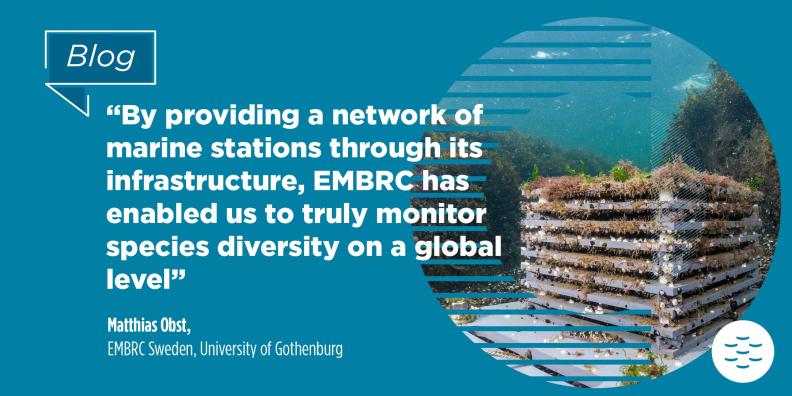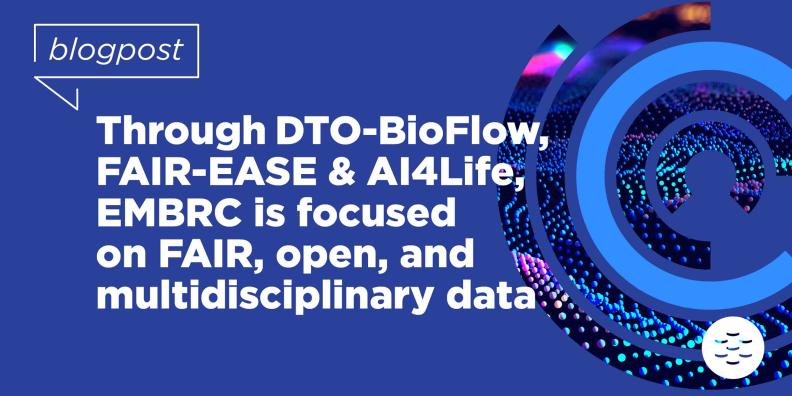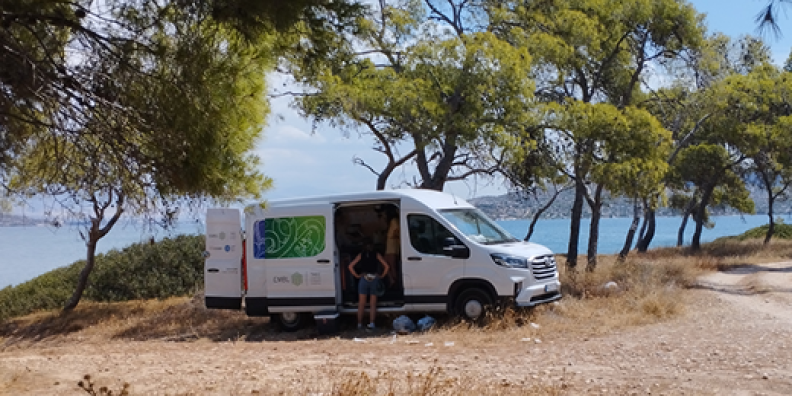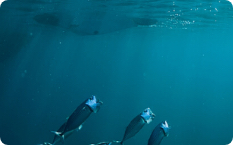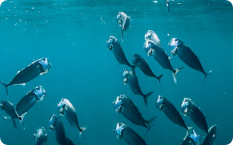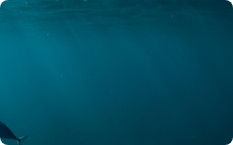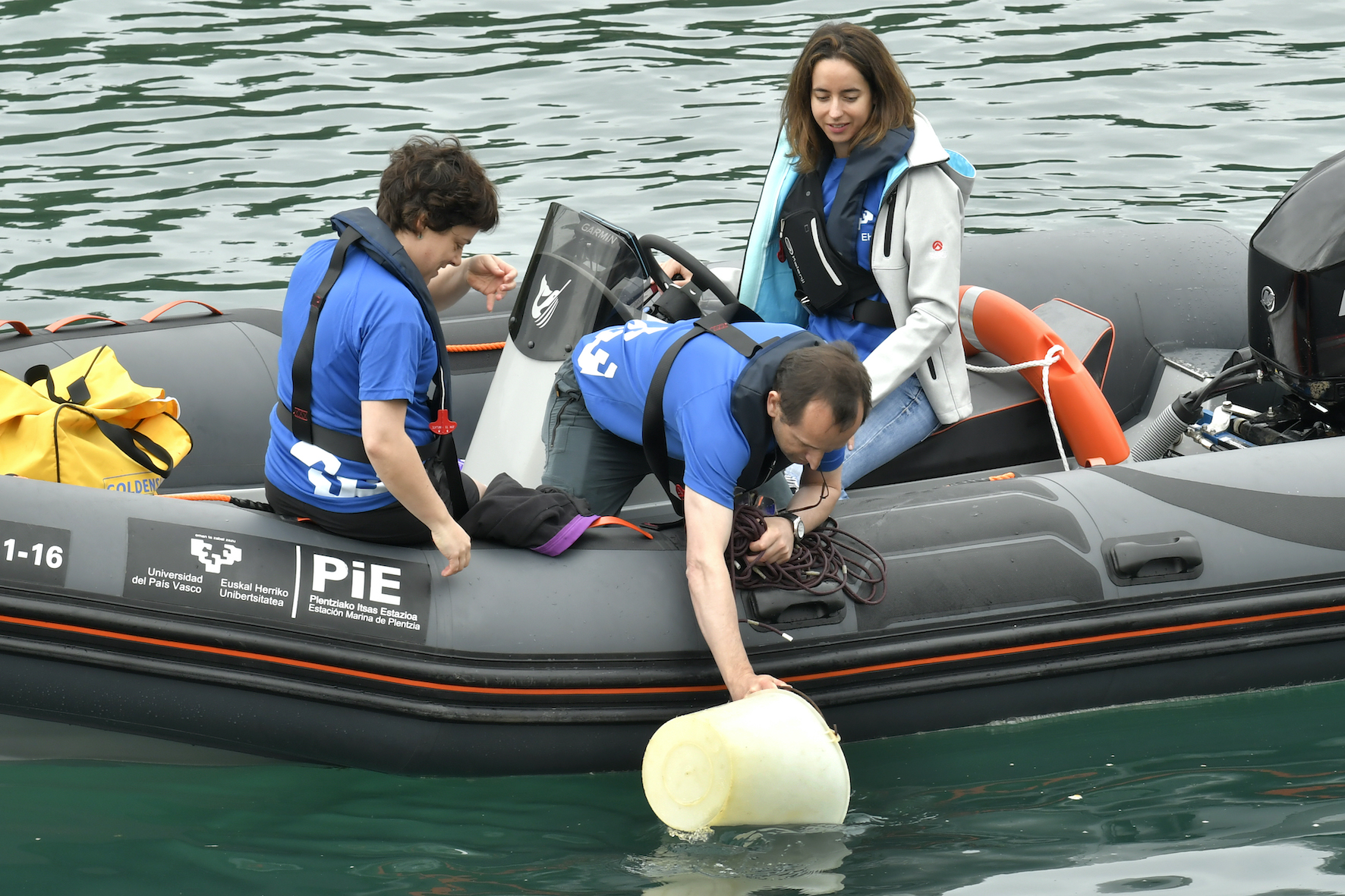
Press release – 12 June 2020. We are happy to announce that the European Marine Biological Research Centre (EMBRC), through the Association of European Marine Biological Laboratories Expanded (ASSEMBLE Plus) project, is launching a call to participate in Ocean Sampling Day (OSD) 2020, which will take place on 21 June 2020. The Institute of Marine Biology, Biotechnology and Aquaculture of the Hellenic Center for Marine Research (HCMR, EMBRC-GR) in Heraklion, Crete, will coordinate OSD again this year.
About OSD
Launched in 2014, OSD is a worldwide research campaign where marine biologists around the globe participate in sampling surface waters of the world’s coastal areas. The campaign takes place yearly during the northern hemisphere’s summer solstice (June 21st). It brings together diverse participants including researchers, students and citizens, all working to assess the composition and function of prokaryotic and eukaryotic microbial communities.
OSD produces DNA metabarcoding, shotgun metagenomics and environmental data following international standards. OSD also works to improve the process of making data ‘FAIR’, i.e. Findable, Accessible, Interoperable and Reusable. Moreover, OSD promotes the collection of biodiversity data and collaboration using shared standards, optimised methodologies, and protocols for good practices; this is critical to ensure broader understanding of biodiversity and to ensure that data are comparable, i.e. FAIR. Finally, OSD encourages a global community of researchers committed to increasing biodiversity monitoring and observation, in order enhance knowledge of the biosphere and to support decision-making.
Previous campaigns and development
The idea for OSD was developed through the Marine Microbial Biodiversity, Bioinformatics, Biotechnology (MicroB3) project, funded by the European Union’s Seventh Framework Programme (FP7) under grant agreement number 287589. Following the initial campaigns, held in 2014 and 2015, many components of OSD were optimised including sample shipping and processing. In 2016, the campaign produced data from more than 200 samples from all around the world, proving its feasibility.
Micro B3 was coordinated by Professor Frank Oliver Glöckner, and the concept for OSD was developed by the late Dr. Dawn Field, who brought her inspiration and signature to the project. Professor Glöckner’s inspired and highly enthusiastic team of young fellows at Max Planck Institute for Marine Microbiology and Jacobs University Bremen was instrumental in launching OSD.
Following the conclusion of MicroB3, OSD was taken over by the ASSEMBLE Plus project, which is funded by Horizon 2020, under grant agreement number 730984 and coordinated by EMBRC. Successful campaigns were conducted in 2018 and 2019, and the data will be available on public databases in summer 2020.
OSD 2020: How to participate
Similar to previous years, OSD 2020 will follow the detailed protocols developed in the MicroB3 project, which can be accessed on the call page. To participate, researchers should: 1) Collect samples following the OSD Sampling Protocol (using Sterivex filters for prokaryotes or polycarbonate membrane filters for eurkaryotes); 2) ship filters to IMBBC-HCMR in Heraklion, Crete, in dry ice (see call page for address); 3) provide relevant/mandatory metadata; 4) sign and send all necessary permits (e.g. Access and Benefit Sharing - ABS, data policy, material transfer agreement – MTA), which are likewise available on the call page.
Please note that the metadata and legal permits documents are essential. The data will not be processed or sequenced if samples are not collected in compliance with the Law of the Sea. Along the same lines, samples that are not accompanied by the relevant metadata will not be published or used.
Beyond OSD 2020
EMBRC is committed to extending OSD beyond the conclusion of the ASSEMBLE Plus project (set to end in September 2021), thus contributing to the United Nations 2030 Agenda for Sustainable Development. EMBRC is now supporting improvements of OSD as part of its strategic investment and international collaboration to establish comprehensive, holistic monitoring of marine habitats and shape genomics observatories in the long term. EMBRC is collaborating with the Genomics Standards Consortium community, the Global Omics Observatory Network (GLOMICON), and other European research infrastructures such as LifeWatch and ELIXIR. In support of this agenda, EMBRC is also investing in improving communication between the OSD partners and strengthening collaboration with other infrastructures to improve workflows to make data FAIR. To this end there is good collaboration between GFBio, Flander Marine Institute (VLIZ) and HCMR.
Since January 2020, EMBRC has been experimenting with year-round monthly sampling for stations covering the Mediterranean and Atlantic European coasts. EMBRC comprises some of the biggest and oldest marine stations in the world and can contribute to the improvement and standardisation of methods for monitoring the oceans. These methods could then be adopted broadly worldwide.
Marine ecosystems are complex and difficult to monitor compared to a single virus or a single species, such as humans, and COVID-19 has shown the importance of gathering high-quality data. Ocean health depends on the millions of species of unicellular organisms. Thus, advanced monitoring of the oceans’ micro-life is crucial for life on earth during our fast-evolving Anthropocene.
Images: OSD 2019
****
Contact
For any questions, information, or assistance, contact the OSD-IMBBC team by sending an email to osd-contact@embrc.eu.
The IMBBC-HCMR persons of contact are:
- Melanthia (Melina) Stavroulaki Post-Doctoral Researcher at IMBBC (OSD Coordinator Contact)
- Panagiotis Kasapidis Principal Researcher at IMBBC (OSD2020 Coordinator)
- Georgios Kotoulas Research Director at IMBBC (JRA1 Coordinator)
For additional contact information, please see the call page
Communicate about OSD 2020 on social media
Twitter:
- @OSD_2020
- @EMBRC_EU
- @ASSEMBLE_Plus
- @hcmr_gr
Facebook:
- @oceansamplingday
Please use the following hashtags:
- #oceansamplingday2020
- #oceansamplingday












